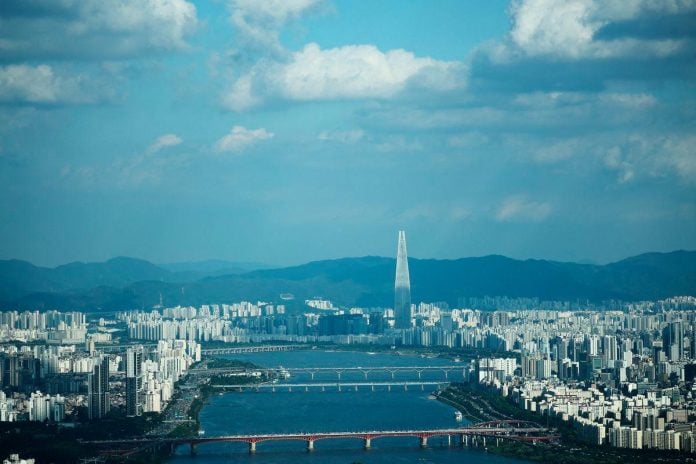SEOUL: South Korea is unable to pay $350 billion upfront in investment in the United States as President Donald Trump suggested under a deal to cut tariffs and is seeking an alternative solution, Seoul’s presidential adviser said on Saturday.
Since a handshake deal by the allies’ leaders in July to lower U.S. tariffs to 15% from 25%, as Trump earlier imposed, South Korea has said the $350 billion in investment would be in the form of loans and loan guarantees as well as equity.
Trump in remarks this week said South Korea would provide the investment “upfront”, despite Seoul’s contention that kind of outlay could plunge Asia’s fourth largest economy into a financial crisis.
“The position we’re talking about is not a negotiating tactic, but rather, it is objectively and realistically not a level we are able to handle,“ South Korea’s National Security Adviser Wi Sung-lac said on Channel A News television.
“We are not able to pay $350 billion in cash,“ he said.
South Korea, which pledged $350 billion toward U.S. projects in July, has balked at U.S. demands for control over the funds and South Korean officials say talks to formalise their trade deal are at a deadlock.
On Thursday, Trump touted the amount of money he said his sweeping tariffs are bringing into the United States, saying: “We have in Japan it’s $550 billion, South Korea’s $350 billion. That’s upfront.”
Last week South Korean President Lee Jae Myung told Reuters that without safeguards such as a currency swap, South Korea’s economy, with foreign exchange reserves of $410 billion, would plunge into a crisis if it were made to make a massive outlay.
Wi, the top security adviser to Lee, said nobody would question South Korea’s position on the feasibility of the amount if it were required as a cash payment upfront.
“We’re discussing alternatives,“ he said, adding Seoul is targeting a summit of the Asia-Pacific Economic Cooperation (APEC) grouping hosted by South Korea next month, which Trump is expected to attend, to finalise the trade deal with Washington. – Reuters








